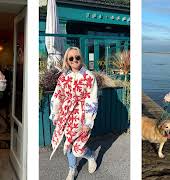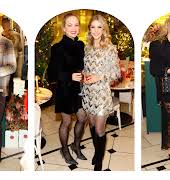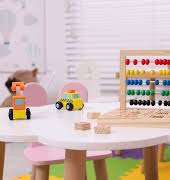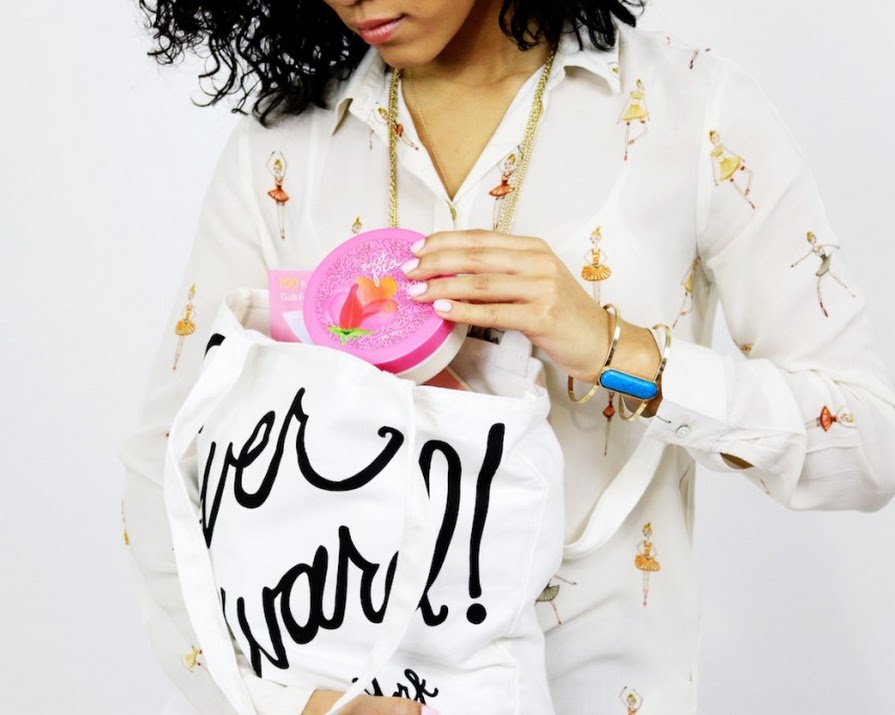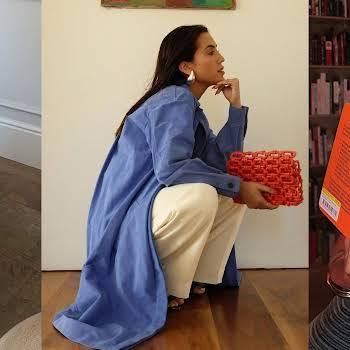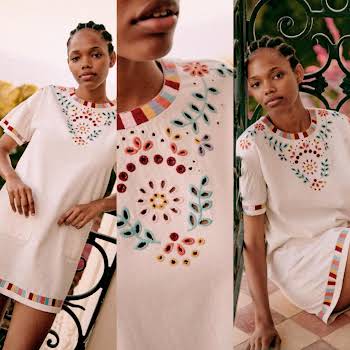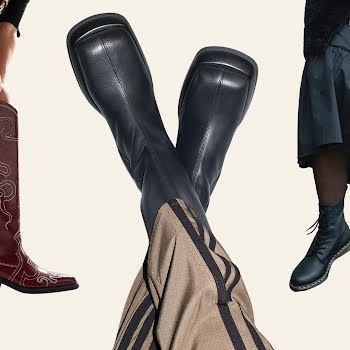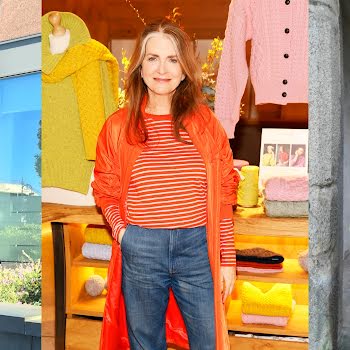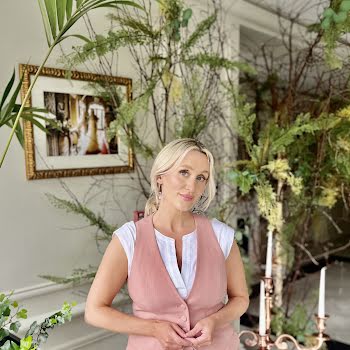
By Niamh ODonoghue
12th Feb 2017
12th Feb 2017
Today consumers are’more torn than ever between ethics and price. There has never been a better time to educate?yourself on how to shop smart.
Fashion has become a moral dilemma; a tug-of-war between price point and ethics.
This week’s media expose on high-street fashion and child labour revealed horrible truths about cheap retail habits, and while it still comes as a shock, it’s nothing we haven’t heard before. Yes, it’s great water-cooler conversation, but will it entice us to change our shopping habits? Are we choosing to ignore these truths because the high street is our only option for cheap and fast fashion finds?
It was reported that as many as 14 children were found to be employed in Myanmar, Asia, to make clothes for brands such as H&M, New Look and Sports Direct for as little as 0.15c a day, six days a week.
But what should (and can) the average Niamh, Lucy, and Aisling to do when they want to buy affordable fashion? It’s a catch-22 situation: low levels of income?mean that our shopping choices are limited mainly to high-street favourites. However, I’m learning that a bit of looking outside the box can go a long way when it comes to discovering affordable and ethical fashion. Like many things in life, knowledge is key.?Many women shy away from ethical brands because they expect added costs and lack of availability, but this is not the case.?Here are some affordable, stylish, and sustainable brands that?are helping us to minimise our footprint.
REFORMATION
Created in 2009 by Yael Aflalo, Reformation designs and manufactures (responsibly) the majority of its’stock in downtown LA using environmentally friendly fabrics. Its’signature style is an attractive blend of?Cos and Zara and is chic and modern. Shop the collections here.

Reformation
PEOPLE TREE
This UK-based company has been producing fair-trade collections for over 25 years and is?top of the class when it comes to eco-manufacturing (it’s received some pretty amazing awards for its?hard efforts over the last 25 years). The ethos and brand’revolve around consumer trust; in other words, you can be sure?that your goods were made ethically and sustainably if you buy through People Tree. Stocking men’s, women’s, and children’s clothing, the brand’s?approach to fashion is relaxed and comfortable. Shop the collections here.

ASOS ECO EDIT
Our love for Asos is pretty limitless, and even more so now that it has?added an eco zone to its website. The selection is similar to that on the?Asos marketplace, and is quite bohemian. These pieces cost a little bit more, but not an unreasonable amount, plus you get the added feel-good factor of knowing you’re supporting ethical, sustainable production. Shop the Asos eco edit here.

Fj’llr’ven
Fj’llr’ven makes functional and long-lasting outdoor gear. The brand’s popularity has sky-rocketed recently and its?trendy designs are a favourite among young creatives. The brand’recently established its’recycle programme. A’selection of its?bags are’made entirely from polyester, recycled from eleven plastic bottles, and are then dyed with SpinDye technology which?radically reduces the amount of water, energy, and chemicals used (impressive). Shop the colourful collection here.

But shopping on the high street doesn’t mean you must’shop unethically. Did you know that Primark’s Ethical Trade Team?is in place to make sure its?workers are paid fairly and that they work in appropriate?conditions; this is intended to prevent?accidents like the factory collapse at?Rana Plaza.?Primark has?1,700 factories?worldwide and it is one of the first retail companies to sign a trade agreement that supports positive?and sustainable change?in Bangladesh. The majority of retailers today are also working towards sustainability, thankfully.
You can also shop’more ethically by looking out for organic fabrics, which do less harm to the environment, and textiles made from recycled materials (like the ones above).?ProjectJust is a helpful website that allows?consumers to check if clothes from the high street are ethically made.
Around 260 million children are employed around the world in garment factories, according to the International Labour Organisation, but by being conscious about what we buy and where we buy it, we can actively reduce this number.?We’re more conscious than ever about the clothes we choose to wear and the image of ourselves we present to the world. But fashion should be a creative outlet, not a moral dilemma! The moral predicament?begins?with me and you, though, and it’s worth remembering that we’re all?part of a?bigger picture of sustainability.





